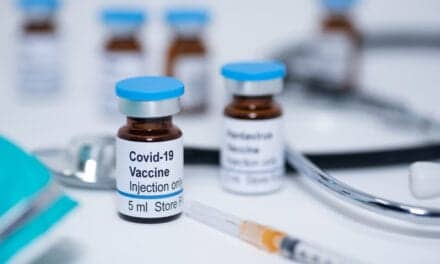A new paper in the Journal of the National Cancer Institute indicates that disruptions in healthcare due to the COVID 19 pandemic may increase breast cancer deaths.
In March 2020, public health measures prohibited most elective procedures, including mammography, due to hospital capacity and limited personal protective equipment. This reduced mammograms up to 80%. Breast cancer patients also experienced treatment delays and reductions in planned or expected chemotherapy treatments.
Researchers here used three independently developed breast cancer simulation models from the National Cancer Institute’s Cancer Intervention and Surveillance Modeling Network to predict the effect of COVID-19-related interruptions on breast cancer mortality due to healthcare delivery disruptions in the first 6 months of the pandemic. The models predicted that the cumulative number of excess breast cancer deaths due to the COVID-19 pandemic’s impact on screening, diagnosis, and chemotherapy treatment could reach 2,487 by 2030.
By 2030, the models project 950 additional breast cancer deaths related to reduced screening; 1,314 associated with delayed diagnosis of symptomatic cases, and 151 due to reduced chemotherapy use in women with early-stage breast cancer. This corresponds to a 0.52% increase in breast cancer deaths between 2020 and 2030.
“There were many reports on the short-term impact of COVID-19 on breast cancer control activities,” says Oguzhan Alagoz, PhD, the lead author of the study. “We found that the rapid adaptations of healthcare facilities to devise strategies to resume breast cancer screening, diagnosis, and treatment services within a six-month period greatly mitigated the potential impact on breast cancer mortality.”
“Facilities should prioritize screening women who missed their routine mammography exam during the pandemic to reduce the impact of pandemic on mortality.”





